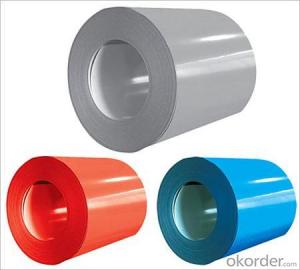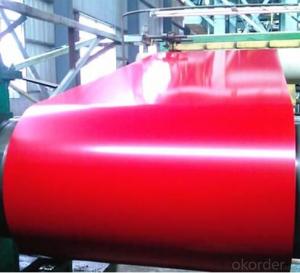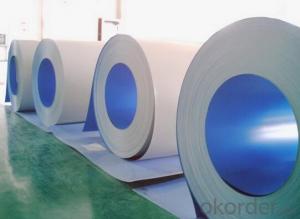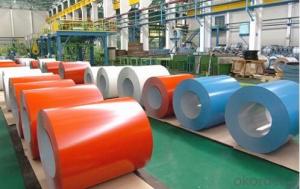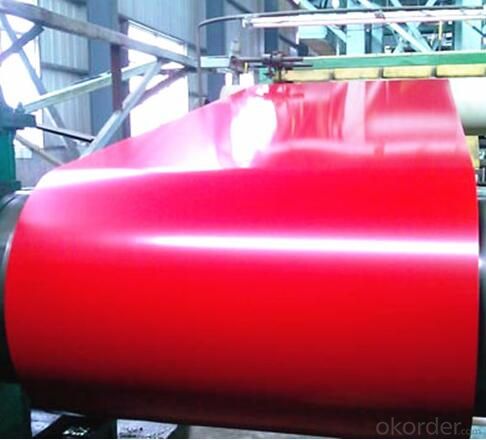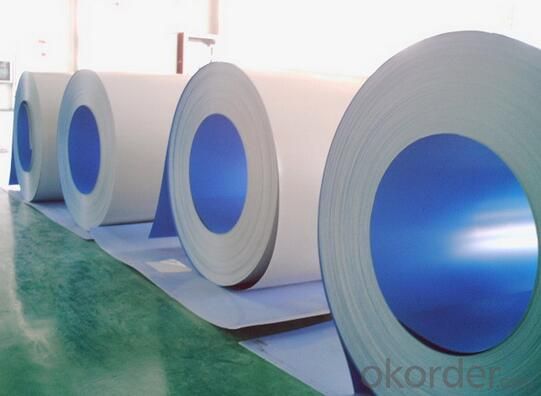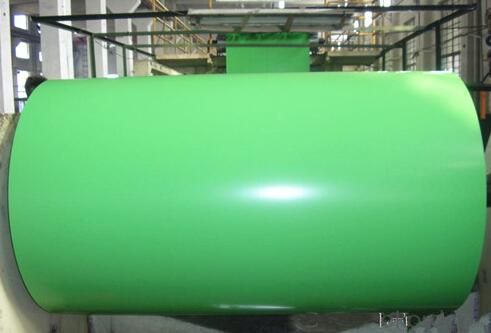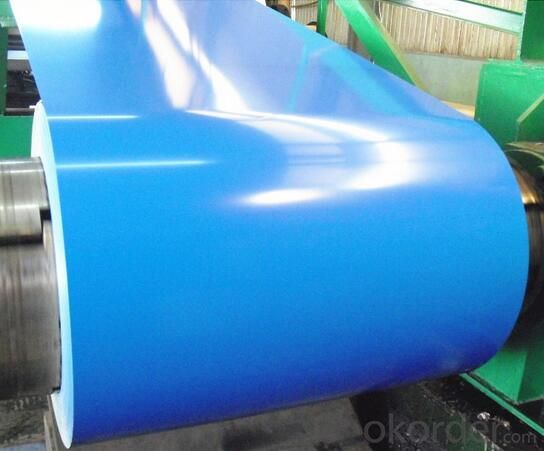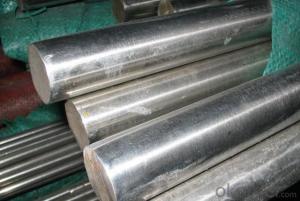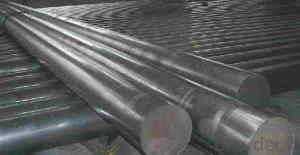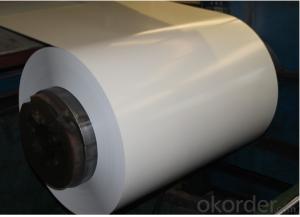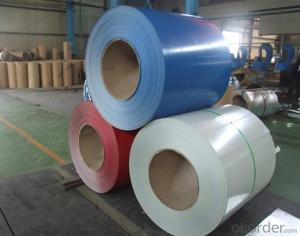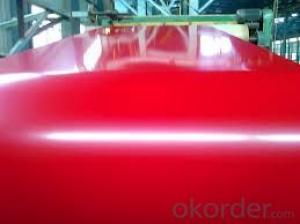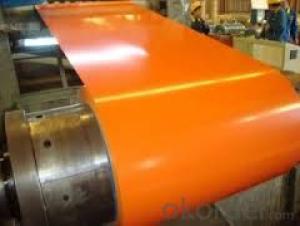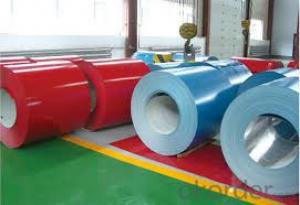PPGI Prepainted Galvanized Steel Roof Sheets in Coils
- Loading Port:
- Tianjin
- Payment Terms:
- TT OR LC
- Min Order Qty:
- 30 m.t.
- Supply Capability:
- 10000 m.t./month
OKorder Service Pledge
OKorder Financial Service
You Might Also Like
Specification
PPGI Prepainted Galvanized Steel Roof Sheets in Coils
Details of PPGI Prepainted Galvanized Steel Roof Sheets in Coils
Grade | DX51D, SGCC, CGCC |
Thickness | 0.15mm-1.5mm |
Width | 600mm-1500mm(914/1219/1250 are available) |
Standard | JIS G3312, ASTM,GB/T1275 |
Certificate | ISO9001.ISO14001.OHSAS18001 |
Length | As per requests |
Zinc Coating | 40g-275g/m2 |
Lacquer Coated | 20-25 microns/5-15 microns |
Coil ID | 508mm/610mm |
Coil Weight | normally 3-10mt or as your requirement |
Supply ability | 200,000Mt/year (MOQ:25Mt) |
Color | RAL No. |
Price terms | FOB,CFR,CIF |
Payment terms | L/C,T/T |
Deliver time | 30days after received deposit or L/C |
Packing | Standard exporting package |
steel strip Water proof paper, metal covers, | |
Application | Corrugated roofing,outside building, |
boating building,car producing | |
household appliance | |
Main market | Southeast Asia , the EU, Russia, Ukraine , Latin America and other countries and Regions |
Specification of PPGI Prepainted Galvanized Steel Roof Sheets in Coils
Thickness | Width | Length of plate | Inner diameter of coil |
0.18-1.2mm | 800/914/1000/1200/1219/1250mm | 1000-6000mm | 508mm/610mm |
Coated Mass: | |||
Available Coated Mass(g/m^2) | Base plate | Available Coated Mass(g/m^2) | |
60,80, 100, 120, 160, 180 | Galvanized Steel | 60,80, 100, 120, 160, 180 | |
50, 70, 150 | Galvalume Steel | 50, 70, 150 |
Painting | Item | Code | |
Polyester | PE | ||
High-durability polyester | HDP | ||
Silicon modified polyesters | SMP | ||
Polyvinylidene fluoride | PVDF | ||
Easy-Cleaning | — | ||
Painting Thickness | Top side: 20±5microns; | ||
Bottom side: 5~7microns. | |||
Color System | Produce according to RAL Color System or as per buyer’s color sample. | ||
Painting structure | Top surface | Bottom surface |
|
Primer coating | No coating | 1/0 | |
Primer coating | Primer coating | 1/1 | |
Primer coating + Finish coating | No coating | 2/0 | |
Primer coating + Finish coating | Primer coating or single back coating | 2/1 | |
Primer coating + Finish coatin | Primer coating + Finish back coating | 2/2 | |
CNBM Introduction of PPGI Prepainted Galvanized Steel Roof Sheets in Coils
CNBM International Corporation is the most import and export platform of CNBM group(China National Building Material Group Corporation) ,which is a state-owned enterprise, ranked in 270th of Fortune Global 500 in 2015.
With its advantages, CNBM International are mainly concentrate on Cement, Glass, Iron and Steel, Ceramics industries and devotes herself for supplying high quality series of refractories as well as technical consultancies and logistics solution.
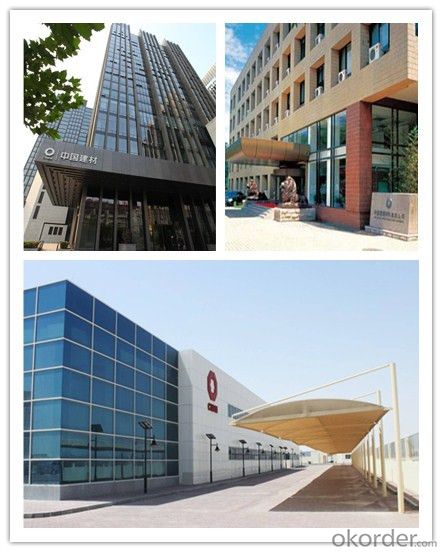
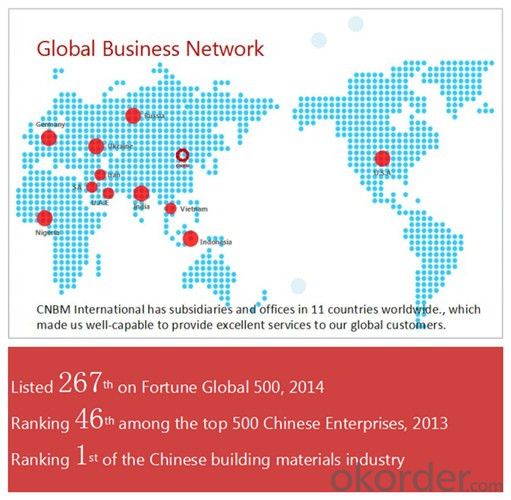
Packaging & Delivery of PPGI Prepainted Galvanized Steel Roof Sheets in Coils
Packaging Detail | Sea worthy packing /as per customer's packing instruction |
Delivery Detail | 15 ~ 40 days after receiving the deposit |
Products Show
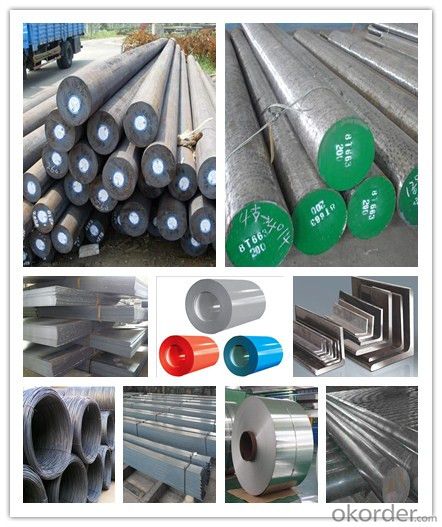
FAQ:
Are you a trading company or manufacturer? | Manufacturer |
What’s the MOQ? | 3 metric ton |
What’s your delivery time? | 15-35 days after downpayment received |
Do you Accept OEM service? | Yes |
what’s your delivery terms? | FOB/CFR/CIF |
What's the Payment Terms? | 30% as deposit,70% before shipment by T/T |
Western Union acceptable for small amount. | |
L/C acceptable for large amount. | |
Scrow ,Paybal,Alipay are also ok | |
Why choose us? | Chose happens because of quality, then price, We can give you both. Additionally, we can also offer professional products inquiry, products knowledge train (for agents), smooth goods delivery, excellent customer solution proposals. |
What's your available port of Shipment? | Main Port, China |
What’s your featured services? | Our service formula: good quality+ good price+ good service=customer's trust
|
Where are your Market? | Covering more than 160 countries in the world |
- Q: What is the impact of titanium in special steel alloys?
- Special steel alloys greatly benefit from the inclusion of titanium, a remarkably versatile and valuable element. The addition of titanium to these alloys has a profound effect on their properties and performance. One of titanium's major impacts on special steel alloys is the enhancement of strength and durability. Titanium possesses a remarkable strength-to-weight ratio, meaning that even a small amount of titanium can significantly increase the strength of the steel alloy. This quality proves particularly advantageous in industries such as aerospace or automotive, where high strength and resistance to deformation or fatigue are essential. Moreover, titanium also contributes to the corrosion resistance of steel alloys. It forms a protective oxide layer on the steel's surface, effectively preventing or minimizing the detrimental effects of corrosion caused by exposure to various environmental factors like moisture, chemicals, or saltwater. This corrosion resistance becomes especially crucial in industries where steel is subjected to harsh conditions, such as marine or offshore applications. Another noteworthy impact of titanium in special steel alloys is its ability to enhance heat resistance. Titanium boasts a high melting point and exceptional thermal stability, making steel alloys containing titanium suitable for high-temperature applications. This characteristic holds particular significance in industries like power generation, where steel components must withstand extreme temperatures without compromising their structural integrity. Furthermore, titanium greatly improves the weldability of steel alloys. Acting as a deoxidizer, it reduces the presence of impurities and enhances the quality of welds. This attribute proves highly advantageous in manufacturing processes involving welding, as it guarantees strong and reliable joints. In summary, the influence of titanium on special steel alloys is multifaceted and highly advantageous. It bolsters the strength, durability, and corrosion resistance of steel, while simultaneously improving its heat resistance and weldability. These properties render titanium an invaluable element in the production of high-performance steel alloys for a wide array of industries.
- Q: What are the different methods of improving the creep resistance of special steel?
- There are several methods for improving the creep resistance of special steel. One approach is through alloying, where specific elements such as chromium, molybdenum, and tungsten are added to enhance the steel's creep resistance. Another method involves heat treatment processes such as annealing or quenching and tempering, which can refine the microstructure and increase the steel's resistance to creep deformation. Surface treatments like carburizing or nitriding can also be employed to improve the creep resistance of special steel. Furthermore, controlling the grain size and texture through techniques like grain refinement or grain boundary engineering can enhance the steel's resistance to creep. Finally, proper design considerations, such as reducing stress concentrations and optimizing component geometry, can also contribute to improving the creep resistance of special steel.
- Q: What are the properties of precipitation-hardening steel?
- Precipitation-hardening steel, also known as PH steel, possesses unique properties that make it highly sought after in various industries. This type of steel has the remarkable ability to be strengthened through a precipitation process, resulting in improved mechanical properties. Some key properties of precipitation-hardening steel include excellent strength, good corrosion resistance, and the ability to maintain these properties at high temperatures. Additionally, PH steel offers good weldability and machinability, making it suitable for a wide range of applications where strength, durability, and resistance to wear and tear are crucial.
- Q: What are the properties of cobalt-based alloys?
- Cobalt-based alloys are known for their high strength, corrosion resistance, and excellent thermal stability. They exhibit remarkable wear resistance, making them suitable for applications in extreme environments such as aerospace, oil and gas, and medical implants. These alloys also possess magnetic properties, making them useful in electromagnetic devices. Additionally, cobalt-based alloys can be easily fabricated and offer good machinability, further adding to their versatility and appeal in various industries.
- Q: How does special steel contribute to the aerospace material recyclability?
- Special steel contributes to the aerospace material recyclability by offering high strength, durability, and corrosion resistance properties. These characteristics make it a preferred material for various aerospace components like landing gears, engine parts, and structural elements. When these components reach the end of their life cycle, special steel can be easily recycled and repurposed, reducing the need for new raw materials and minimizing waste. This contributes to a more sustainable and environmentally friendly aerospace industry.
- Q: How is special steel used in the production of surgical instruments?
- Special steel is used in the production of surgical instruments due to its unique properties such as corrosion resistance, durability, and ability to maintain sharpness. It ensures that surgical instruments can withstand sterilization processes while maintaining their functionality and longevity. Additionally, the specific composition of special steel allows for precise shaping and fine-tuning, enabling the creation of intricate and precise surgical tools necessary for various medical procedures.
- Q: What are the different methods of surface anodizing for special steel?
- There are several methods of surface anodizing for special steel, including electrochemical anodizing, plasma electrolytic oxidation (PEO), and chromic acid anodizing. Each method has its own advantages and suitability for different steel types and desired outcomes. Electrochemical anodizing involves immersing the steel in an electrolyte solution and applying an electric current to form an oxide layer on the surface. PEO utilizes a high-voltage electrical discharge to create a thicker and more durable anodized layer. Chromic acid anodizing, on the other hand, utilizes a mixture of chromic acid and sulfuric acid to achieve corrosion protection and improved surface properties. The choice of method depends on the specific requirements and characteristics of the special steel being anodized.
- Q: How does special steel contribute to improving product performance in corrosive environments?
- Special steel contributes to improving product performance in corrosive environments by offering enhanced resistance against corrosion. The unique composition of special steel, which includes elements such as chromium, nickel, and molybdenum, provides a protective layer that prevents the material from being affected by corrosive elements present in the environment. This resistance to corrosion ensures that the product remains durable, reliable, and unaffected by rust or degradation, ultimately enhancing its performance and longevity in corrosive conditions.
- Q: How does special steel perform in terms of wear resistance in abrasive environments?
- Special steel is known for its exceptional wear resistance in abrasive environments. The unique composition and heat treatment processes used in the production of special steel result in a higher hardness level compared to standard steels. This increased hardness makes special steel highly resistant to wear caused by abrasive particles or surfaces. In abrasive environments where friction and contact with hard materials are prevalent, special steel exhibits excellent performance. It can withstand the erosive effects of abrasive particles, such as sand, rocks, or metal fragments, without significant wear or damage. This durability makes special steel an ideal choice for various applications, including mining equipment, cutting tools, industrial machinery, and automotive components. Moreover, the wear resistance of special steel is not only limited to its surface but also extends throughout its structure. This means that even if the surface of the steel is scratched or abraded, the underlying material remains highly resistant to wear. This characteristic ensures a prolonged lifespan of components made from special steel, reducing maintenance costs and downtime. Furthermore, special steel can maintain its wear resistance even under high temperatures. This property is particularly advantageous in abrasive environments where friction-induced heat can accelerate wear. The ability of special steel to retain its hardness and wear resistance at elevated temperatures ensures its effectiveness in demanding applications like high-speed machining or hot forging. Overall, special steel outperforms standard steels in terms of wear resistance in abrasive environments. Its superior hardness, structural integrity, and temperature resistance make it an excellent choice for applications where durability and longevity are essential.
- Q: How does special steel resist fatigue?
- Special steel resists fatigue due to its unique composition and manufacturing process. It is typically made with higher levels of alloying elements such as chromium, molybdenum, and nickel, which enhance its strength and durability. Additionally, special steel undergoes specific heat treatments and rigorous quality control measures, ensuring its structural integrity and resistance to cyclic loading. These factors help prevent the formation and propagation of cracks and fractures, enabling the steel to withstand repeated stress and strain without significant degradation or failure.
Send your message to us
PPGI Prepainted Galvanized Steel Roof Sheets in Coils
- Loading Port:
- Tianjin
- Payment Terms:
- TT OR LC
- Min Order Qty:
- 30 m.t.
- Supply Capability:
- 10000 m.t./month
OKorder Service Pledge
OKorder Financial Service
Similar products
Hot products
Hot Searches
Related keywords
